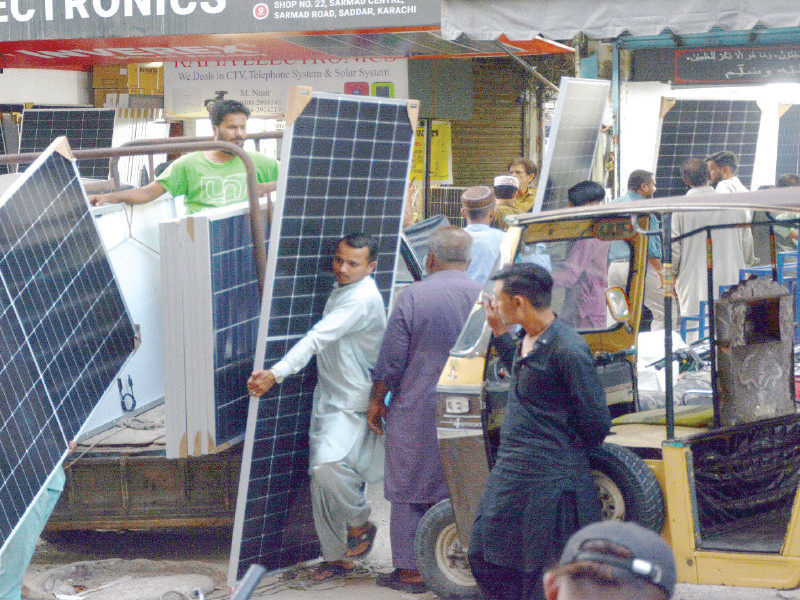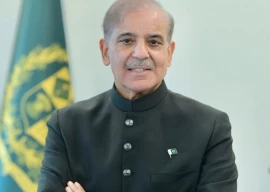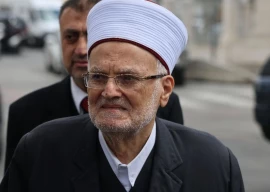
Sindh Chief Minister Syed Murad Ali Shah has announced at a signing ceremony, held for framework agreements on solar systems, that 200,000 Solar Home Systems (SHS) will be distributed to low-income households under the Benazir Income Support Programme (BISP) on the basis of data collected from across all districts of the province.
He stated that the first batch of 50,000 SHS kits will arrive in Karachi by the end of October for onward distribution.
The signing ceremony, held at CM House, was attended by Energy Minister Syed Nasir Shah, PSCM Agha Wasif, Sindh Energy Secretary Muadiq Khan, representatives from three private companies selected through competitive bidding, and other government officials.
Speaking on the occasion, the CM explained that the Sindh Solar Energy Project (SSEP) is being executed at a cost of Rs27.4 billion, with $100 million financial support from the World Bank.
Murad mentioned that 80-100W solar plates, Lithium-ion batteries, one DC fan, three LED bulbs, and a mobile charging facility would be distributed under the programme.
The chief minister revealed that the cost of each system would be around Rs55,000, including transport, taxes, and duties, and will be provided to eligible low-income families at an 80 per cent subsidy.
Selection criteria
Shedding light on the criteria, the chief minister stated that the selection of low-income households is based on the BISP registration. Households with a poverty score ranging from 21 to 50 were initially chosen. Households with BISP data ranging from 0-20, which cannot afford to pay at least Rs6,000 for a kit, will receive it under the Annual Development Programme (ADB scheme) of the energy department.
Programme strategy
[Old and New]
The CM mentioned that the programme was started in 2020, but the subsidy was only 40 per cent, making it difficult for poor families to bear the remaining 60 per cent cost. Only 322 systems were sold under the old programme. Now, with the World Bank support, the subsidy has been increased to 80 per cent, though the programme was delayed due to the devastating floods in 2022 and COVID-19.
The project strategy was revised to increase the subsidy, and the Bulk Procurement Model was adopted. Initially, 10 districts were selected, but under the revised programme, all 30 districts, including seven districts of Karachi, are included.
The implementation strategy has shifted to a Bulk Procurement Model through international bidding in accordance with the World Bank procurement guidelines. Beneficiaries will be charged Rs6,000.
Framework agreements will be signed with the selected firms for the supply of 200,000 SHS kits in different batches throughout the project period, ending in July 2025.
Minister for Energy Nasir Shah mentioned that 18 local and international firms participated in the bidding process, with three firms qualifying for the framework agreements.
Meanwhile five NGOs working under the Sindh Peoples Housing Foundation Project (SPHFP) have been contracted under the WB direct contracting method to collect SHS from the appointed warehouses, handle distribution, installation, and provide replacement services.
The Rs6,000 per SHS will be received from the beneficiaries through a Sindh Bank Limited Bank Challan receipt by these distribution organisations before delivery. A database management system has been developed through a web portal for stakeholder coordination and programme transparency.
The CM directed the minister to appoint Independent Verification Agents (IVAs) for random checks to ensure SHS kits are only distributed to eligible households, to follow up on any reported issues, and to ensure compliance by NGOs.



1722747721-0/BeFunky-collage]_-(10)1722747721-0-270x192.webp)




1722596924-0/BeFunky-collage-(25)1722596924-0-270x192.webp)










COMMENTS
Comments are moderated and generally will be posted if they are on-topic and not abusive.
For more information, please see our Comments FAQ